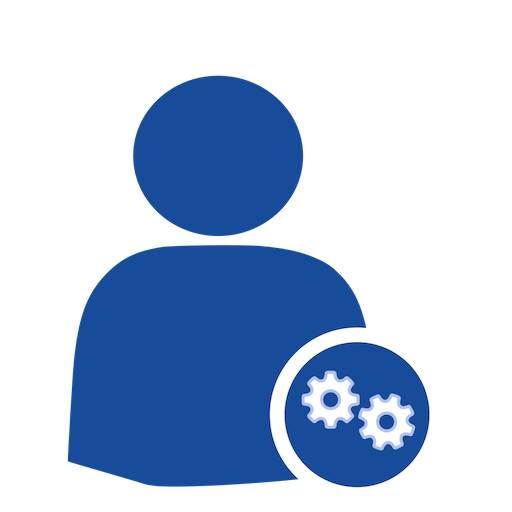Welcome to the home of EvoAl.
EvoAl is a tool suite that focuses on making optimisation easier to use while it checks the correctness of configurations. Thus, we aim to make optimisation algorithms and research accessible to applied researchers and domain experts. As EvoAl and this site are still under construction, there is room for improvement. At the moment, you find more information on our GitLab project and its Wiki, which is hosted at the University of Bremen. EvoAl is an open-source research software that is used in several academic publications, which you find on the publications page.
Applied Researcher
EvoAl uses domain-specific languages for specifying all aspects of optimisation. Starting with data definition, problem specification, algorithm configuration, and ending at surrogate learning. EvoAl reduces the programming effort to zero by using these domain-specific languages. EvoAl supports you in the configuration by validating the requirements of algorithms against your data. This is important to make sure that the algorithm can produce the best results possible.
Optimisation Researcher
EvoAl supports different optimisation algorithms, community benchmarks, and surrogate function learning. It is designed to explicitly state all configuration parameters along the experimentation setup, thus, making all decisions transparent and supporting experiment replication, which is helpful if you want to earn an ACM artifact badge. On the algorithm side, EvoAl supports evolutionary algorithms, evolutionary strategies, and particle swarm optimisation and the list is continuously enhanced. Furthermore, EvoAl takes care of training surrogate functions, either on real-world data or benchmarks, encoding your data for the optimisation algorithms, and determining useful metrics for statistical evaluation.
EvoAl Contributor
EvoAl has a component architecture with well-defined interfaces and allows a DSL-based extension of EvoAl DSLs. The component architecture allows anyone to benefit from new components provided by the community. EvoAl uses dependency injection internally to wire all components at runtime based on the provided DSL-based configuration. As extensibility and maintainability are in focus during development, you can easily add new components to EvoAl and extend the domain-specific language. EvoAl users can simply use your extension by copying your plugin into an EvoAl release. EvoAl automatically enhances the DSLs and uses the components when requested by the user. You will find the architecture documentation in the Wiki.


